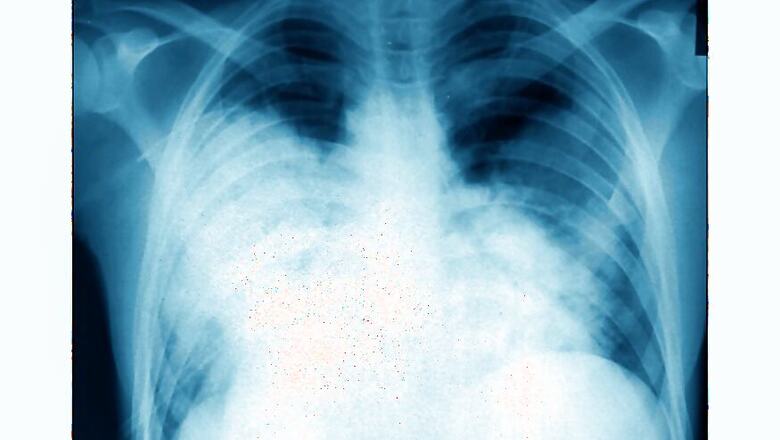
views
New Delhi: Stanford researchers have developed an algorithm that can diagnose up to 14 types of medical conditions based on chest X-ray images. The algorithm will be able to diagnose pneumonia better than radiologists. The paper, called CheXNet, was published on November 14.
Pranav Rajpurkar, a graduate student in the Stanford Machine Learning Group, was quoted in a report that appeared in Stanford News as saying that variability in the diagnoses that radiologists arrive at was what caught the group’s interests.
“We became interested in developing machine learning algorithms that could learn from hundreds of thousands of chest X-ray diagnoses and make accurate diagnoses,” he was quoted as saying.
The work, as per the report, uses a public dataset initially released by the National Institutes of Health Clinical Center on Sept. 26.
The researchers, working with Matthew Lungren, an assistant professor of radiology, had four Stanford radiologists independently annotate 420 of the images for possible indications of pneumonia, as per reports. Pneumonia brings 1 million Americans to the hospital each year, as per the Centers for Disease Control and Prevention, and is one of the most difficult diseases to figure out via X-rays.
While the radiologists were on this, the Machine Learning Group started work on the algorithm to automatically diagnose the pathologies. Within a week, the researchers had diagnosed 10 of these pathologies better than the existing facilities and the algorithm soon covered all 14 identification tasks.
The researchers have developed a computer-based tool that produces a heat map of X-rays. However, instead of representing temperature, the colours of these maps are said to represent areas that the algorithm determines are most likely to represent pneumonia, the article mentioned.
“This tool could help reduce the amount of missed cases of pneumonia and significantly accelerate radiologist workflow by showing them where to look first, leading to faster diagnoses for the sickest patients,” it states. The researchers are hoping that CheXNet will help all those who do not have easy access to radiologists.















Comments
0 comment